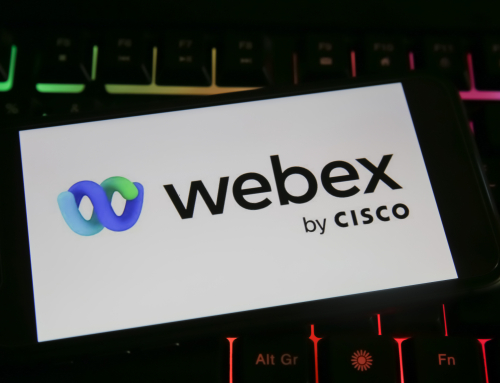It might be Halloween, but there’s no reason to fear the 2025 BT switch-off!
You may have seen many headlines on this topic of late but as a business owner, do you need to be concerned? In this blog we aim to help you understand the switch and how best to prepare your business.
The scary part is that old ISDN and PSTN telephone lines date back to the 1800s. However, BT have decided it’s time to transition to services that reflect our technologically advanced businesses here in the UK.
While we are a little while away from the switch off, experts predict that the cost of next-generation services such as VoIP and SIP will be more expensive after the switch off. So, if you’re coming to the end of a contract with your current telephony service, it would be beneficial to consider the move to IP before the changes.
We recently published a blog post explaining what the BT Openreach switch-off of ISDN and PSTN is and what it might mean to your business. As we edge slightly closer, we’d like to outline the opportunities that lie in switching over including lower costs, easier installation and more overall flexibility.
Find out more information about Fixed Line and Telephony services from FCC
A brief reminder of what the switch-off means
The Public Switched Telephone Network (PSTN) is the traditional circuit-switched telephone network existing since the late 1800s.
The Integrated Service Digital Network (ISDN) has its roots in the 1980s. Running over the PSTN’s copper lines, it enables both voice and data services at the same time. BT now wants to invest in newer technologies rather than continuing to invest in legacy systems with high maintenance costs.
As of 2020, you will no longer be able to update or renew your traditional business phone lines.
What are VOIP and SIP?
Voice over Internet Protocol (VoIP) and SIP are virtual telephone services that run through your internet connection. This is referred to as an IP (internet protocol) service. With VOIP and SIP, you’re no longer relying on decades-old systems for your modern business dealings – why should you!
In technical terms, IP systems work by turning analogue voice into digital signals that are transferred through the internet. In simple terms, all you need to know is that your calls are routed through the internet rather than fixed phone lines.
For businesses, the benefits of VoIP or SIP include:
No office-based hardware – thus more cost-effective and quicker to install
One of the system’s advantages is that you’re free of expensive line set up and maintenance. VoIP is all managed through the internet and an off-site data centre.
Lower maintenance costs, as no hardware onsite
As the VoIP/SIP system is all cloud-based, there are much lower maintenance cost involved than traditional services.
Employees available on one consistent number
No longer worry about employees with expensive mobile phone bills when they are working remotely, or from home. Your clients can reach your employees wherever they are working, when not at their desk.
Freedom to make calls, wherever you are
Make calls on your phone, your computer, or other WIFI supported devices. You are no longer tied to a landline phone at your desk, freeing you up to do business wherever it makes sense!
Always enjoy the latest software
As the software is cloud-based, it will be continuously updated and improved, giving you the best experience.
Scale your service to your business
Add users and numbers as it suits you, don’t get left with redundant landlines. VoIP is ideally suited for start-ups and SMEs looking for the ultimate flexibility and security in reliable phone services.
Moving to the newest technology now may help to avoid higher costs when the switch-off occurs. If you’d like to discuss the positive impact that changing to VoIP could have on your business – contact us today.
Contact FCC on +44 (0) 1934 756 400 / Email sales@firstclasscomms.co.uk






